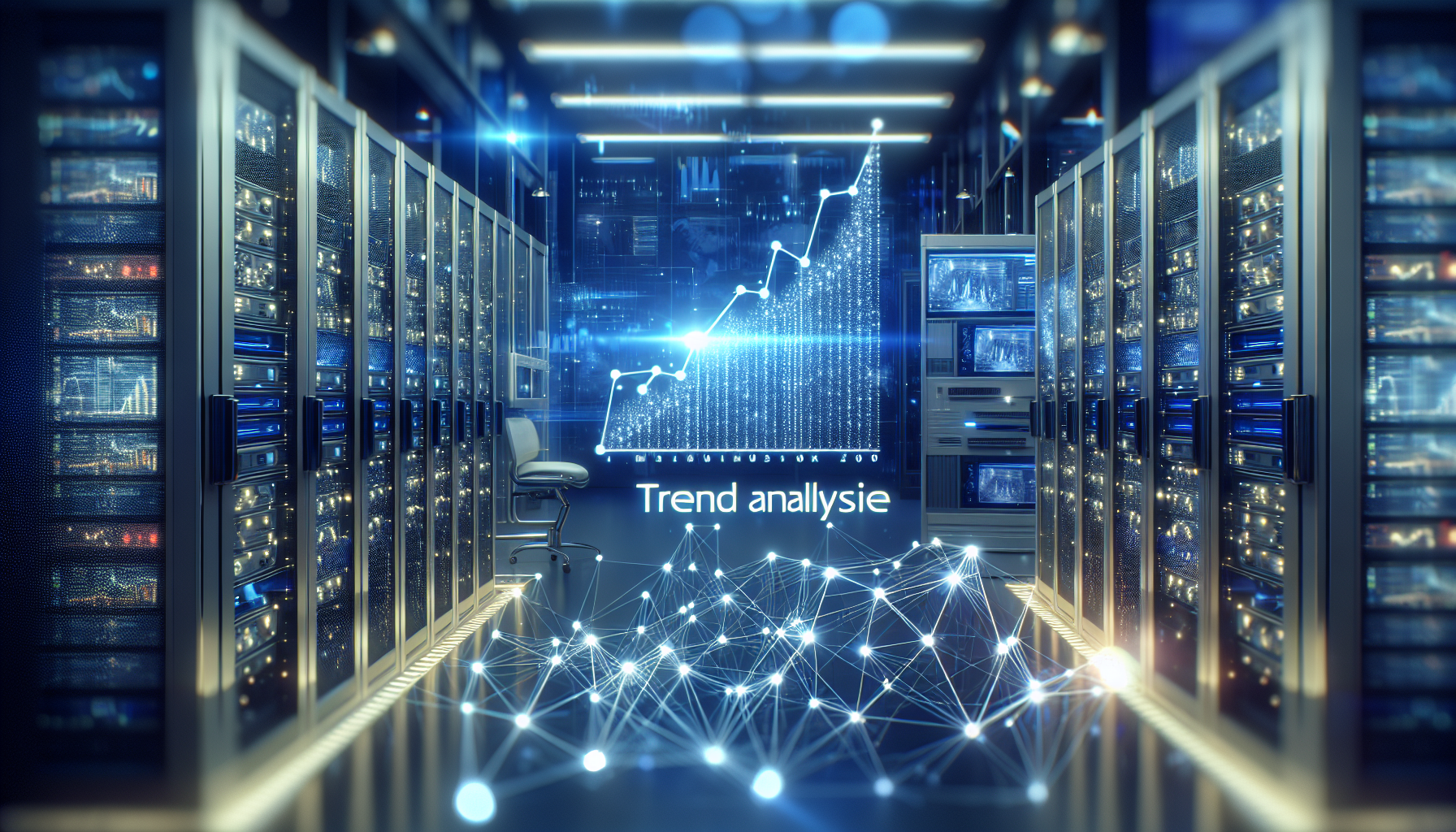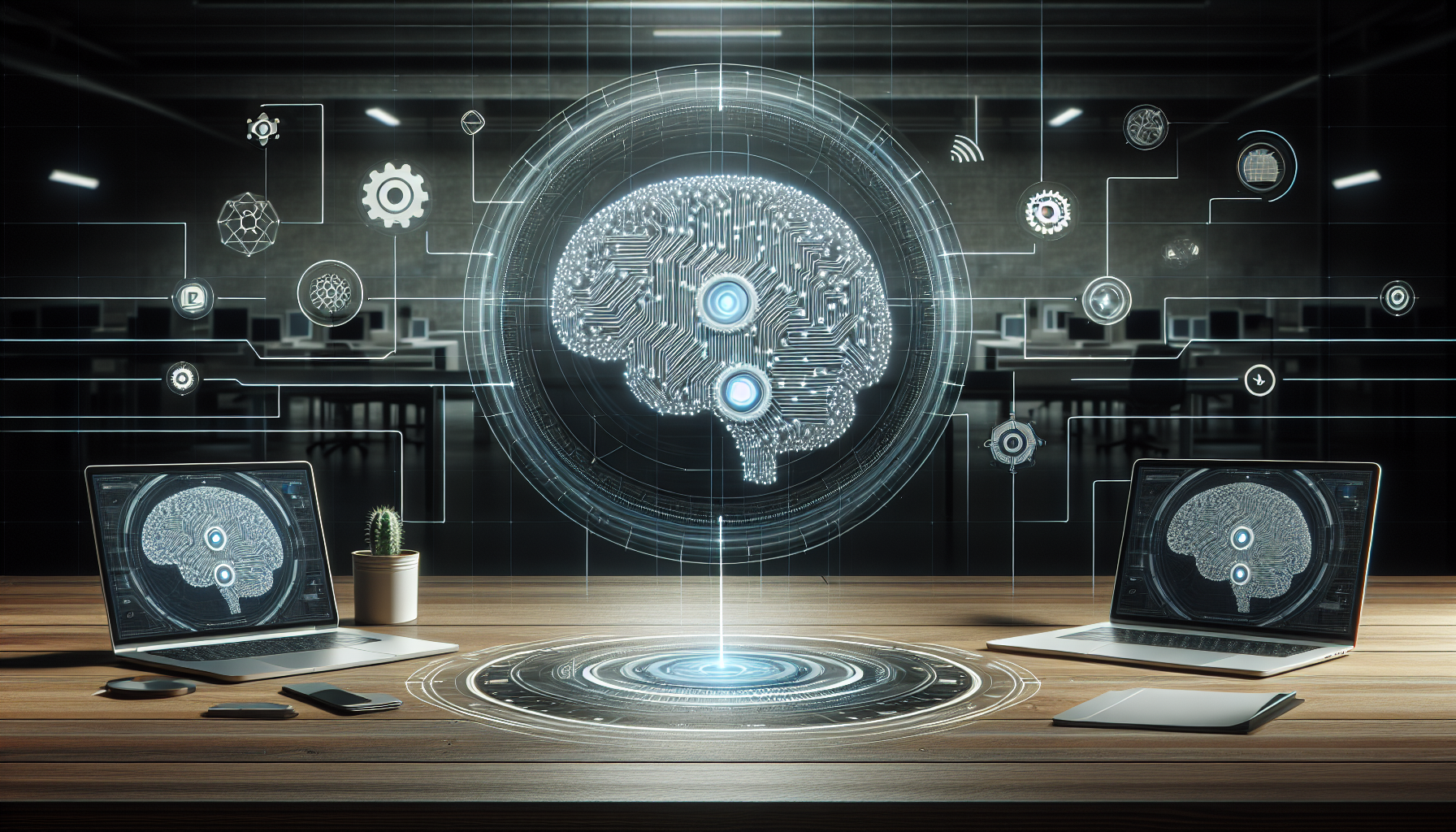
AI and Blockchain: Transforming Digital Transactions-Future Predictions
August 7, 2025
Artificial Intelligence (AI) and blockchain technology are two of the most transformative innovations of the digital age. While each on its own has significantly disrupted various industries, their convergence is poised to redefine digital transactions. As we delve into future predictions surrounding this powerful synergy, new paradigms emerge, promising unprecedented levels of security, efficiency, and transparency.
AI's ability to analyze vast datasets with remarkable speed and accuracy is well-documented. What makes it even more compelling in the context of blockchain is its potential to enhance the decision-making processes involved in digital transactions. AI algorithms can assess transaction patterns, detect anomalies, and predict fraudulent activities with a precision that far exceeds human capabilities. This capability is particularly pertinent in the blockchain environment, where the integrity and immutability of data are paramount.
Moreover, blockchain's decentralized nature offers a secure and transparent platform for conducting transactions, which AI can significantly enhance. By integrating AI, blockchain networks can evolve from passive ledgers to active participants in the digital ecosystem. For instance, smart contracts, powered by AI, can autonomously evaluate conditions and execute transactions without human intervention. This fusion enables a more dynamic interaction, where contracts can adapt to new data inputs, thereby increasing efficiency and reducing the likelihood of disputes.
Looking forward, one of the most significant predictions is the emergence of intelligent autonomous systems that operate on blockchain networks. These systems could revolutionize industries such as supply chain management, healthcare, and finance. In supply chains, AI-enhanced blockchains can track products in real-time, optimize logistics, and forecast demand with greater accuracy. This capability not only reduces costs but also enhances the overall reliability of supply networks.
In healthcare, the integration of AI and blockchain can facilitate secure and transparent management of medical records. AI can analyze patient data to provide predictive insights, while blockchain ensures the data remains tamper-proof. This combination can lead to a more personalized approach to patient care and improve outcomes by enabling healthcare providers to make data-driven decisions with confidence.
Similarly, in the financial sector, the marriage of AI and blockchain is expected to streamline processes, reduce fraud, and enhance customer experiences. AI's predictive analytics can assess creditworthiness, manage risk, and personalize financial products, while blockchain provides a secure and transparent platform for executing transactions. The result is a more resilient and responsive financial system that can adapt to changing market conditions with agility.
Despite these promising developments, challenges remain. The integration of AI and blockchain requires significant computational resources, which can be costly and energy-intensive. Furthermore, the ethical implications of AI decisions on blockchain networks must be carefully considered. Ensuring that AI operates within ethical boundaries while maintaining the transparency and security of blockchain is crucial for gaining public trust.
Additionally, regulatory frameworks need to evolve to accommodate this technological convergence. Policymakers must strike a delicate balance between fostering innovation and ensuring the protection of individual rights. Crafting regulations that are flexible enough to adapt to rapid technological changes while robust enough to prevent misuse will be key to the successful implementation of AI and blockchain technologies.
The potential of AI and blockchain to transform digital transactions is immense, yet it is only the beginning. As these technologies continue to evolve, so too will their applications and impact. The question that remains is how society will harness this power to create a future that is more equitable, efficient, and secure. Will we rise to the challenge of integrating these technologies responsibly, or will the complexities of their convergence hinder progress? The answers lie in our ability to innovate thoughtfully and regulate wisely, paving the way for a new era in digital transactions.


